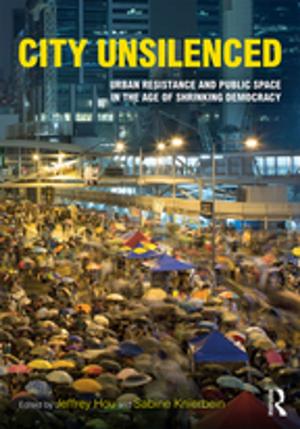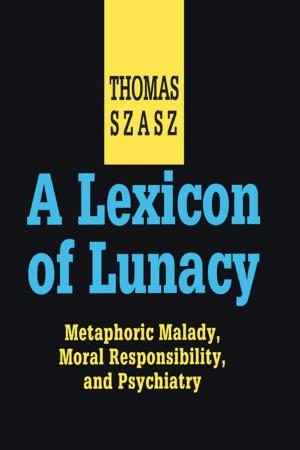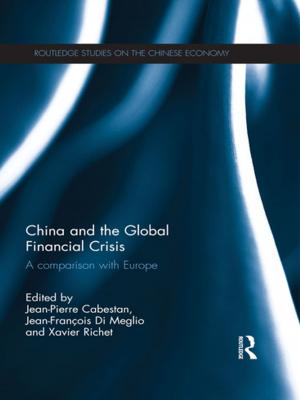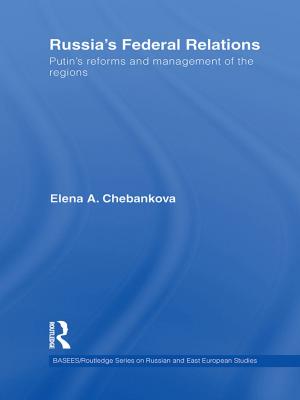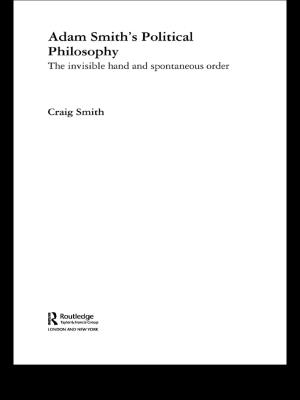| Author: | ISBN: | 9781351503648 | |
| Publisher: | Taylor and Francis | Publication: | July 28, 2017 |
| Imprint: | Routledge | Language: | English |
| Author: | |
| ISBN: | 9781351503648 |
| Publisher: | Taylor and Francis |
| Publication: | July 28, 2017 |
| Imprint: | Routledge |
| Language: | English |
This classic volume tells the story of nationalism, the fusion of patriotism with ethnic consciousness. It documents the emergence of nationalism in the modern world and the way that nationalism has become a substitute for religion over the past two centuries. Nationalism, for Hayes, draws its power from cultural and social factors, primarily language. Second to language are historical forces that stem from an accumulation of a people's remembered or imagined experiences.Hayes bases his observations on historic European examples. He sees nationalism as a religion, reacting against historic Christianity and the values of the Western tradition. This combination of powerful forces stresses neither charity nor the brotherhood of man. Historically it has rationalized selfishness, intolerance, and violence. The growth of nationalism, Hayes observed, brings not peace but war.As a testament to its timeless insight, Nationalism remains an informative guide despite the failure of globalization, the Internet, and international communications and connectivity to move us beyond the bonds of nationalism. Hayes's linking of the potent forces of nationalism and religion still rings true: the insurgency in Ukraine, the unrest in the Middle East, and tribal conflicts in Africa are all undergirded by nationalist sentiments.
This classic volume tells the story of nationalism, the fusion of patriotism with ethnic consciousness. It documents the emergence of nationalism in the modern world and the way that nationalism has become a substitute for religion over the past two centuries. Nationalism, for Hayes, draws its power from cultural and social factors, primarily language. Second to language are historical forces that stem from an accumulation of a people's remembered or imagined experiences.Hayes bases his observations on historic European examples. He sees nationalism as a religion, reacting against historic Christianity and the values of the Western tradition. This combination of powerful forces stresses neither charity nor the brotherhood of man. Historically it has rationalized selfishness, intolerance, and violence. The growth of nationalism, Hayes observed, brings not peace but war.As a testament to its timeless insight, Nationalism remains an informative guide despite the failure of globalization, the Internet, and international communications and connectivity to move us beyond the bonds of nationalism. Hayes's linking of the potent forces of nationalism and religion still rings true: the insurgency in Ukraine, the unrest in the Middle East, and tribal conflicts in Africa are all undergirded by nationalist sentiments.


